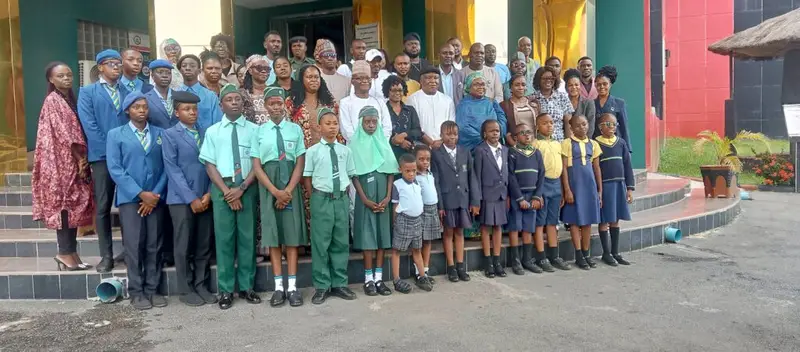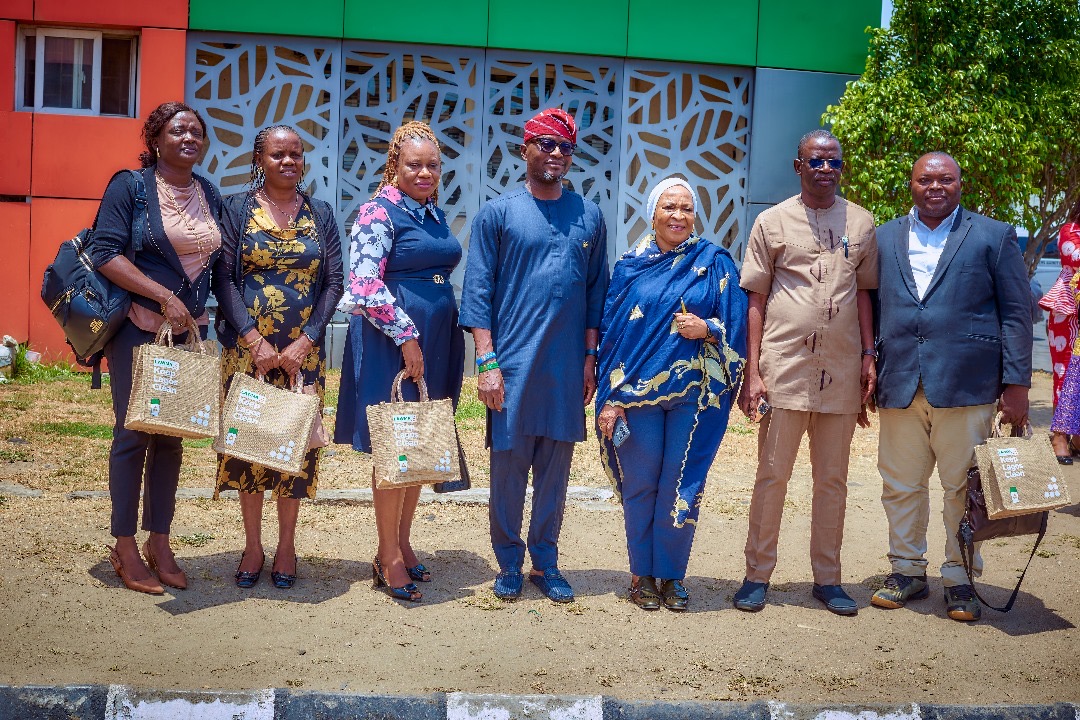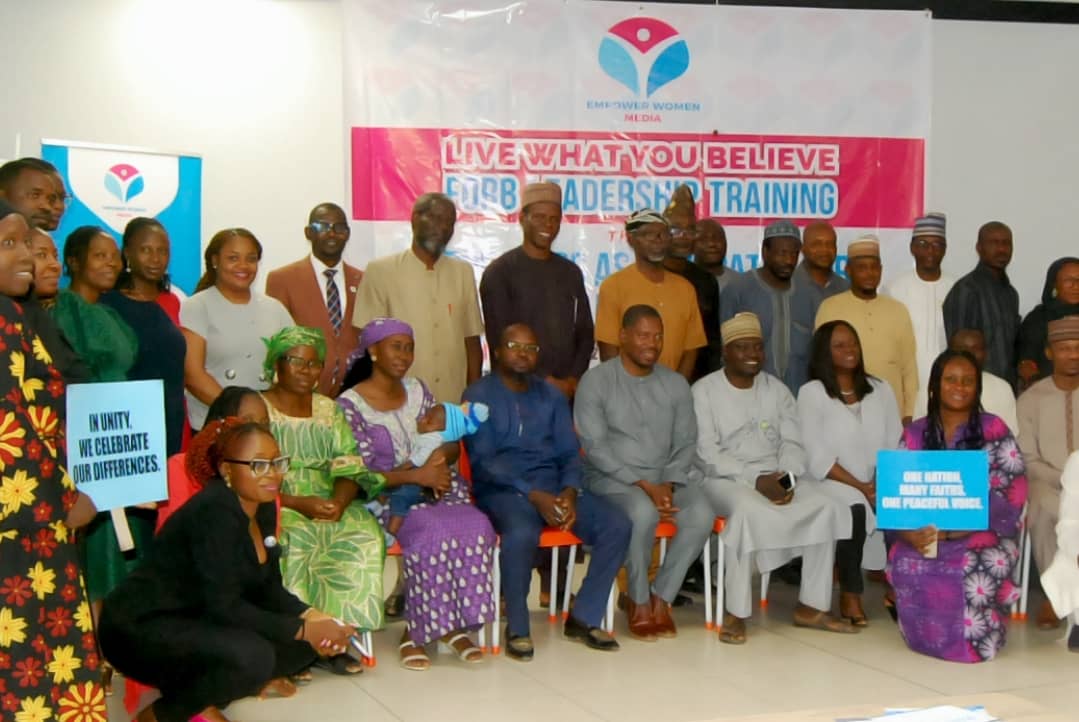Forensic expert advocates robust private sector investment in fraud prevention
By Monday Ijeh
An Author and Forensic Expert, Dr Pearl Ogbulu has called for robust private sector investment in fraud prevention to position Nigeria as a safe destination for investment.
Ogbulu made the call on Wednesday in Abuja at a news conference ahead of her book launch, titled “Fraud Unmasked: Forensic Fraud Solutions” and the maiden Joint Security Forensic Conference.
The author said strengthened laws to support inter agency collaboration and citizens’ vigilance were also keys to curbing the activities of fraudsters in the country.
She said the launch of the book was a defining moment for professionals, leaders, and citizens that believed in the power of knowledge, collaboration, and shared responsibility in building a stronger and safer Nigeria.
Ogbulu said fraud was a silent predator that infiltrates systems, drains resources, and corrodes public trust.
According to her, fraud does not just steal money, it steals opportunities, livelihoods, and futures.
“Over the years, in my work within the fields of economics, energy, forensic accounting, and risk management, I have seen that combating fraud requires more than reactive enforcement.
“It demands a proactive, strategic, and multidisciplinary approach and that is why I wrote the book – Fraud Unmasked.
“It is not just a book; it is a toolkit, but a collection of tested forensic methods, investigative insights, and policy recommendations.
“It is designed to help institutions detect fraud early, prevent its occurrence, and respond with precision when it is discovered,” she said.
She said the book was written to assist the bankers, auditors, policymakers, entrepreneurs, investigators and ordinary citizens who want to understand the workings of fraud and how it could be stopped.
Ogbulu said the theme of the conference, “One Nation, One Network” was deliberate, considering the fact that fragmentation was a major weakness in the fight against fraud and insecurity in the country.
“Agencies work in silos, data is not shared in real time, and valuable intelligence is lost in bureaucratic bottlenecks.
“Imagine what could happen if our law enforcement bodies, financial regulators, security services, tech experts, academic institutions, and civic organizations worked together as one network, sharing information, best practices, and coordinated strategies.
“That vision is why this conference was born and during the sessions, we will hear from experts in forensic science, cyber security, risk management, and governance.
“We will explore practical tools and technologies, and most importantly, we will begin building the kind of unified, intelligent, and resilient network that our nation needs,” she said. (NAN)
Edited by Yakubu Uba









